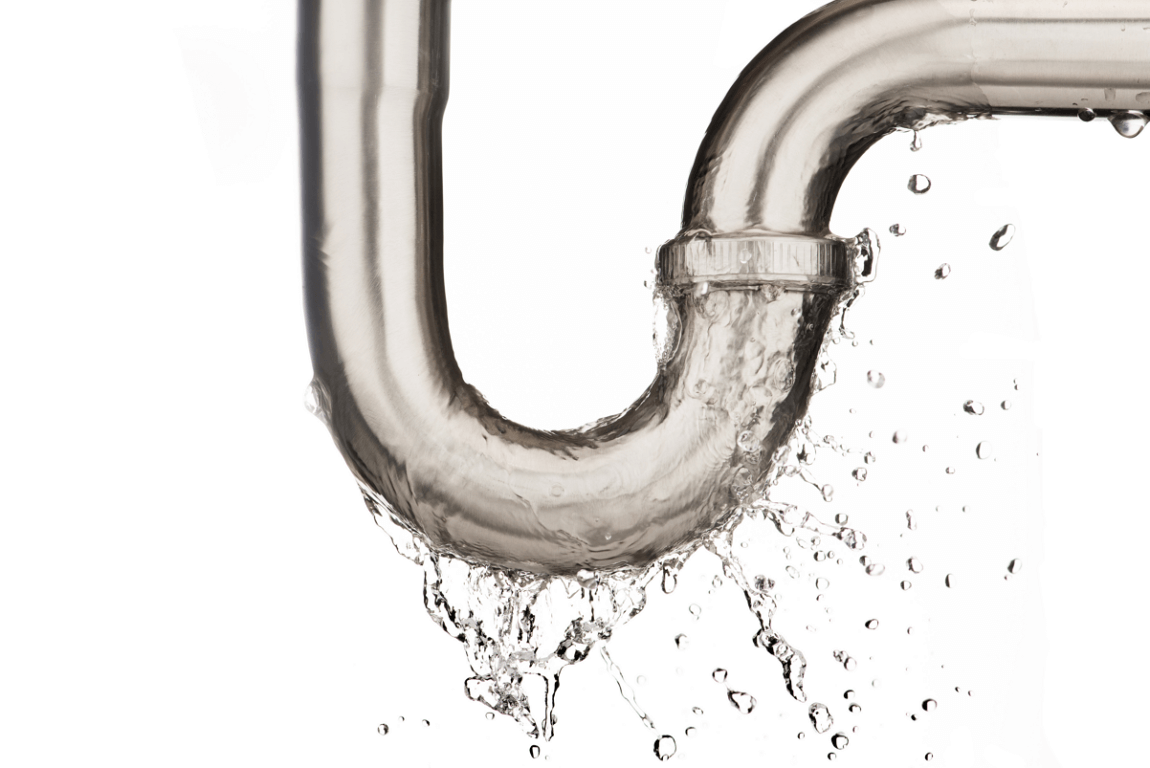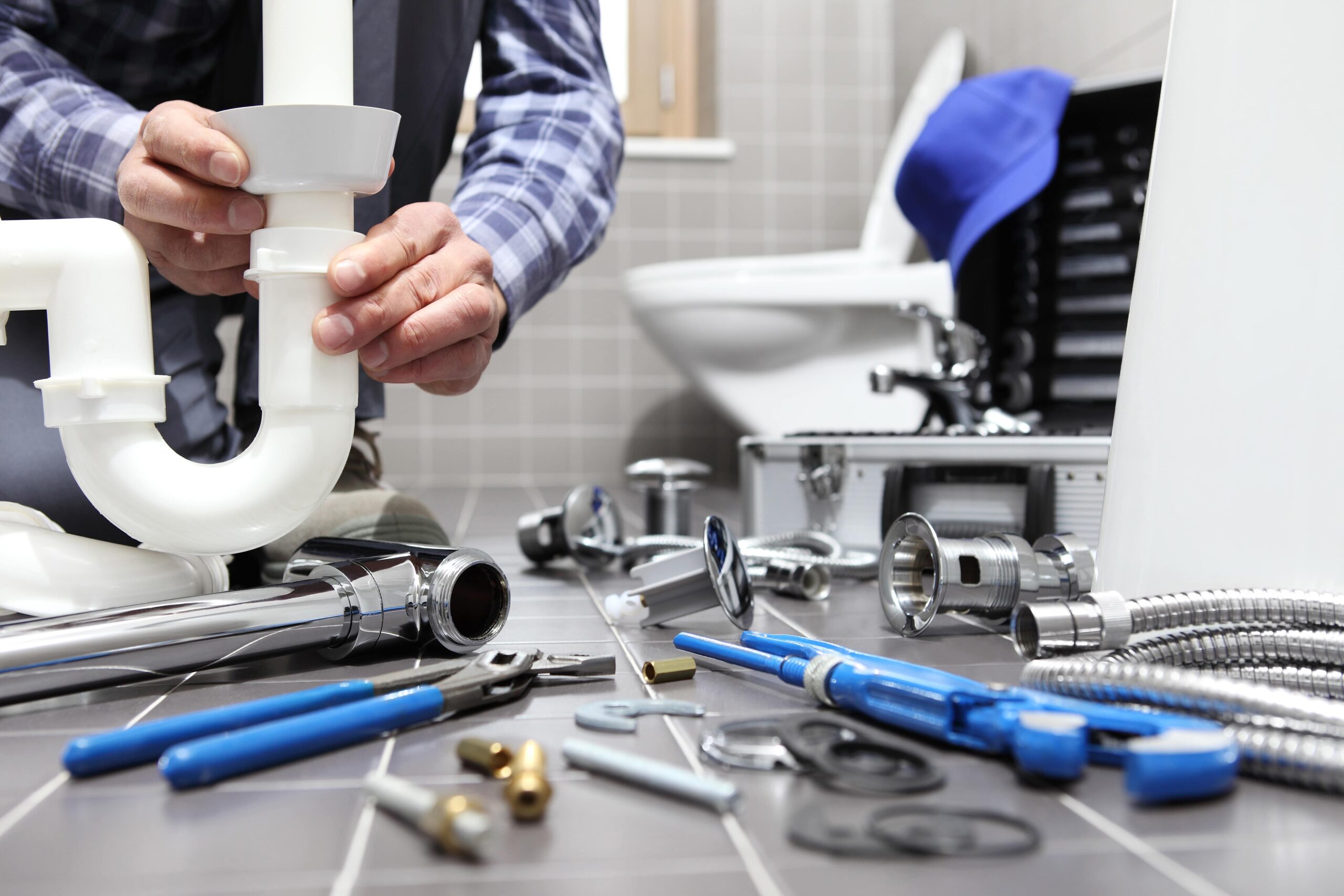Do you find yourself searching for guidance concerning How to Find and Prevent Water Leaks in Your Home?

"Beware of little expenses. A tiny leakage will sink a terrific ship." - Benjamin Franklin.
He couldn't have been more best since water leaks in our homes result in a waste of sources, raising our water bills. Although this rise could seem negligible initially, it can cause considerable expenditures that can damage your financial institution. In addition to a boost in costs, water leaks likewise trigger unwanted natural growth, structural damages, as well as also electrical dangers.
Determining if you have a water leak isn't always very easy as a result of being incapable to see most of the pipework in your house. If you have had an increase in your water expenses recently, discovered water spots on wall surfaces as well as ceilings, smelt poor smell, and so on. You could want to consider asking for plumbing services to get it looked into.
There are a number of causes of water leaks, and we have assembled the typical reasons listed below. Inspect to see if you have actually had relevant concerns in your house lately.
Obstructed drains
Food fragments, dirt, and oil can trigger blocked drains and also block the flow of water in and out of your sink. Boosted pressure within the gutters can cause an overflow and end up breaking or rupturing pipelines if undealt with. To stay clear of clogged up drains pipes in your home, we suggest you to avoid putting particles away as well as normal cleansing of sinks.
High water stress
You discovered your home water pressure is higher than common yet then, why should you care? It runs out your control.
It would be best if you cared due to the fact that your average water stress ought to be 60 Psi (per square inch) and although your home's plumbing system is made to endure 80 Psi. A rise in water stress can put a stress on your house pipes and bring about fractures, or worse, burst pipelines. If you ever before see that your residence water stress is higher than normal, get in touch with a specialist about controling it.
Deterioration
As your pipework grows older, it obtains weak and also extra vulnerable to corrosion after the frequent passage of water through them, which can eat away at pipelines as well as create fractures. A noticeable indicator of deterioration in your house plumbing system is staining and although this might be tough to detect because of a lot of pipes hidden away. Once they are old to ensure an audio plumbing system, we recommend doing a frequent appointment every couple of years and alter pipes
Compromised pipe joints
Pipe joints are the components of our plumbing system where the pipes connect. It is vital to note that also though pipelines are created to withstand stress and also last for a while, they weren't created to last permanently; as a result, they would wear away over time. A typical indicator of damaged pipeline joints is excessive sound from faucets.
Damaged seals
Another cause of water leakages in houses is damaged seals of home devices that make use of water, e.g., a dishwashing machine. When such appliances are set up, seals are mounted around water connectors for simple flow of water through the maker. For this reason, a damaged seal can trigger leak of water when in operation.
With little or no expertise of plumbing, recognizing your home's plumbing system enough to repair some of these issues (without consequence) can be a headache. Connect with plumbing specialists in Pittsburgh, Divine Superintendence, Rochester, as well as environ today, and they'll make those problems disappear.
He couldn't have actually been extra appropriate since water leakages in our houses result in a waste of resources, increasing our water costs. If you have had a boost in your water bills lately, noticed water discolorations on ceilings as well as wall surfaces, smelt poor odor, and so on. A boost in water stress can put a stress on your residence pipes and also lead to cracks, or worse, ruptured pipes. One more reason of water leakages in residences is damaged seals of home appliances that utilize water, e.g., a dishwashing machine. When such devices are mounted, seals are set up around water adapters for simple flow of water through the machine.
5 TIPS IN DETECTING A WATER LEAK IN YOUR HOUSE
Water leaks can be hard to find in your home, yet they can be so common. We rely on water every day in our home, which is why a leak can cause big problems. By detecting them early, you can save money and further damage, getting the problem fixed as soon as possible. Here are 5 tips to help you detect a water leak in your home, so you can contact a plumber straight away and get the issue sorted.
Check your water meter
Many people underestimate the value of the water meter in their home. It can be one of the best ways to tell if you have a leak early on, so you can get on top of it before issues start arising. Start by turning off all the water in your home: taps, washing machine, dishwasher, etc. Now take a look at the meter – if it’s still changing with everything turned off, it’s likely you have a fast-flowing leak that you need to get on top of straight away. If nothing changes, then leave your meter for an hour or two and come back to it. Did it change in this time? It’s likely you have a slower leak, which isn’t as urgent but still handy to get fixed so it doesn’t become a bigger problem.
Keep an eye on your bill
Another good way to detect a leak in your home is by keeping an eye on your water bill. It helps if you have a past bill from the same period of time. You can compare like for like and determine whether your water usage has increased significantly. If it has, there may be a leak in your system that you haven’t picked up before. A professional plumber can check through all of your pipes and determine where it is coming from.
Look for damage
If you have a leak inside your home, you will notice damage over time. Take a look at your showers and bathtubs and note whether any of the tiles surrounding the area seem to be discoloured or damaged in any way. There may be water stains, mould or peeling material that has resulted from a build up of moisture over time. Make sure you take a look under sinks at the back of cupboards that don’t get accessed regularly. This is where damage can go unnoticed and build up over periods of time.

I am just very occupied with How to Find and Prevent Water Leaks in Your Home and I'm hoping you enjoyed reading our blog post. Do you know about someone else who is curious about the topic? Do not hesitate to share it. Thanks so much for your time invested reading it.
Best in town? Dial.